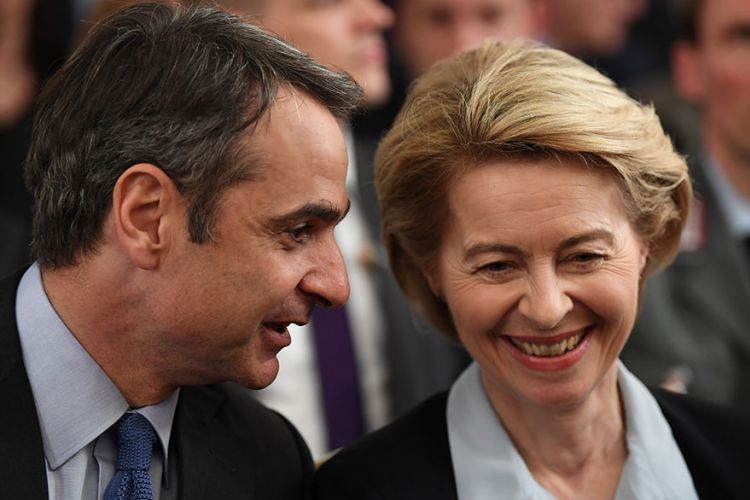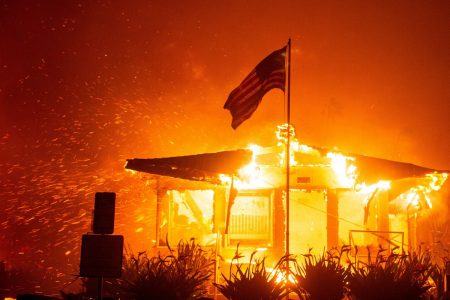European Commission President Ursula von der Leyen will attend today’s Med9 summit in Athens, where the leaders will focus their talks on climate change and environmental protection in the aftermath of Greece’s disastrous wildfires that destroyed about 130,000 hectares in August during a heat wave.
Portugal was also besieged by wildfires in 2017 in which over 60 people died nationwide and in which 45,000 hectares of land burned down.
The leaders of Greece, Cyprus, France, Italy, Malta, Portugal, Spain, as well as Croatia and Slovenia, which were last-minute additions, will be participating.
European Commission President front-and-centre
Although the summit will focus on climate change, environmental protection, and the need for cooperation between the Mediterranean countries in confronting common challenges, another major issues to be discussed is the prospect of a refugee crisis after recent developments in Afghanistan.
The participation of European Commission President Ursula Von Der Leyen is indicative of the importance that both the government and the EU attach to regional problems and challenges
The session on climate change and its repercussions will take place in the early afternoon.
That will be followed by the EuroMed9 summit in which PM Kyriakos Mitsotakis, French President Emmanuel Macron, Spanish PM Pedro Sanchez, Italian PM Mario Draghi, Croatian PM Andrei Plenkovic, Cyprus’ President Nicos Anstasiades, Malta’s PM Robert Abela, Slovenian PM Janez Jansa, and Portuguese Foreign Minister Augusto Santos Silva will participate.
Strengthening stability in the Mediterranean, North Africa
“Greece attaches great importance to securing stability in the regions of the Mediterranean and North Africa,” Greek foreign ministry spokesman Alexandros Papaioannou told diplomatic correspondents at a briefing.
Alluding to Libya and Balkan countries, he said that,“Greece is working to strengthen ties with strategic partners in the Mediterranean region and to support countries that want to build a better future for their peoples, without the influence of foreign powers and extreme elements.”
Message to Turkey?
From that perspective, it remains to be seen what messages will be sent to Turkey from the summit. Although until now there may not be an escalation in Greek-Turkish tensions on the ground there have of late been repeated, combative rhetorical outbursts and provocations from Turkish President Recep Tayyip Erdogan and his foreign minister, Hulusi Akar, which raise the question of whether the détente of summer is over.
Moreover, on the Cyprus problem Ankara so far insists on a two-state solution, dismissing the UN framework and agreements reached during decades of intercommunal talks in which the stated objective was the creation of a b-zonal, bi-communal federation.



